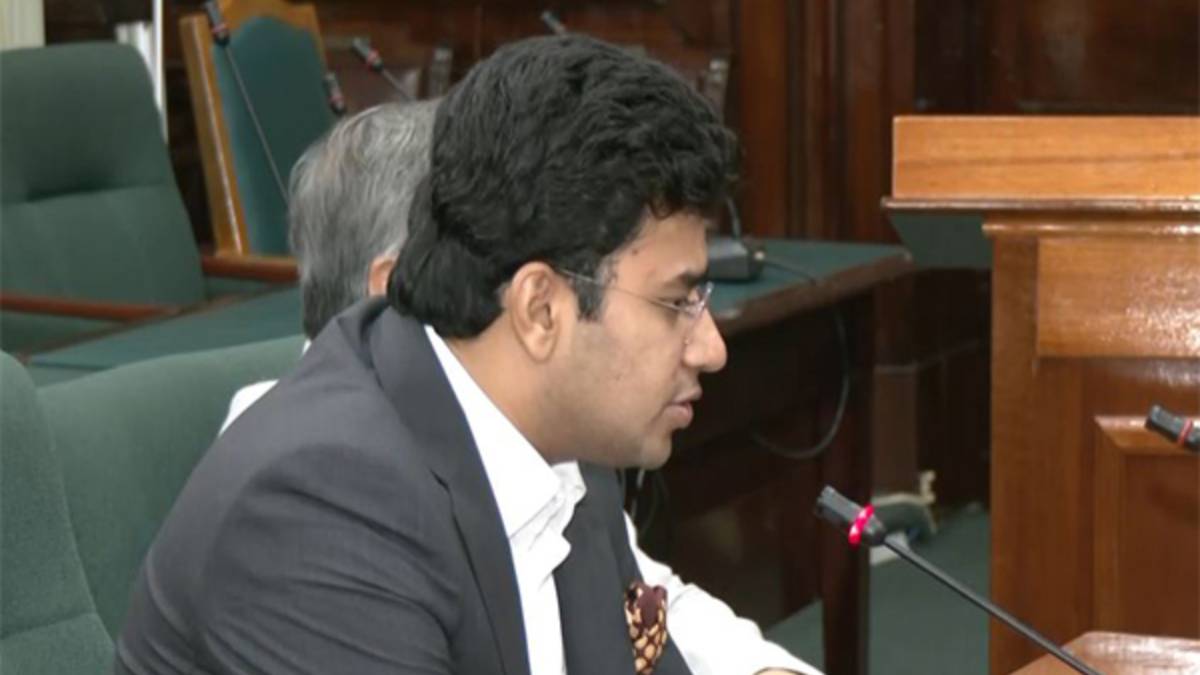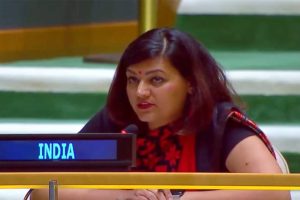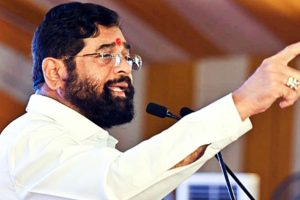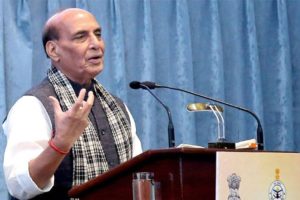During a key interaction with the Speaker of the National Assembly of Guyana, BJP MP Tejasvi Surya delivered a powerful message highlighting the long-standing and global implications of Pakistan-sponsored terrorism. His remarks were part of the broader diplomatic effort led by an all-party Indian delegation currently visiting Guyana.
Surya began by underscoring that India has been a victim of Pakistani terrorism for over seven decades, noting that since its inception, Pakistan has consistently waged a proxy war against India without bearing the cost of full-scale warfare.
“Pakistan has tried to needle and bleed India with a thousand cuts over the past 70 years,” he said. While India focuses on improving the lives of its citizens and contributing to global welfare, Pakistan has continued to harbor and support terrorism, Surya asserted.
He called attention to the fact that Pakistan is perhaps the only country in the world to have “weaponized terrorism as an instrument of statecraft”, and urged the Guyanese leadership and its people to take note of this reality.
The BJP MP further warned that the threat posed by Pakistan is not limited to South Asia. “Whether it was the London bombings, the Easter attacks in Sri Lanka, the Paris shootings, or even 9/11—investigations in these global terror incidents have in some way or another traced links back to Pakistan,” he noted.
Surya pointed out that over 52 UN-designated terrorist groups and individuals find safe haven in Pakistan, underlining that terrorism today is not a localised threat but a global menace in an interconnected world. “One nation’s inaction towards terrorism is a profound threat to all nations,” he stressed.
Highlighting India’s firm response to terrorism, he referred to Operation Sindoor, launched on May 7 in response to the Pahalgam terror attack of April 22, in which 26 people, including a Nepali national, were killed. He added that India has also acted in the past to bring justice, citing the neutralisation of those responsible for journalist Daniel Pearl’s murder.
Surya concluded by reinforcing India’s commitment to peace, growth, and development:
“India, a nation of 1.4 billion aspirations, is now the fourth-largest economy and is poised to become the third. We are in no mood for war. As our Prime Minister has said, this is not an era of war. It is an era for prosperity. But there can be no justification for brutal civilian killings in the name of terrorism.”
He appealed to Guyana, a respected voice at the United Nations Security Council, to not only sympathise with India but also stand in solidarity and support collective global action against terrorism.
This engagement in Guyana is part of India’s larger diplomatic campaign, following Operation Sindoor, to garner international awareness and backing in the fight against cross-border terrorism and to expose Pakistan’s role in nurturing terrorist elements.





